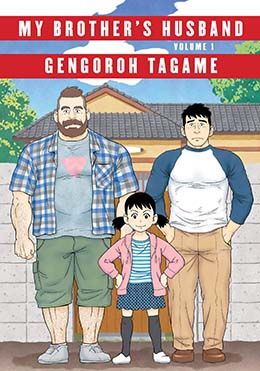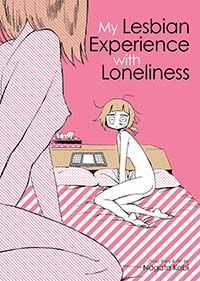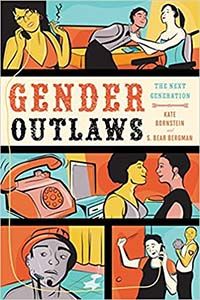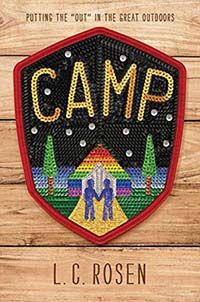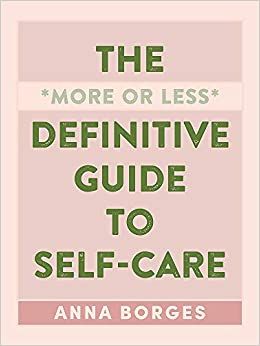A wonderfully bittersweet graphic novel, My Brother’s Husband takes place in Japan. Yachi has just found out that his estranged twin brother has passed away, and that his Canadian husband is on his way to meet him. The graphic novel disentangles homophobia as well as complicated familial relationships and how they relate to Japanese culture. Manga sometimes has a reputation for less-than-tasteful representation regarding queer men, but Tagame’s book explores grief, family, and homophobia gracefully. Although the book does contain the death of a queer man, the message of the story isn’t rooted in tragedy or hopelessness, but rather love and redemption. This story is adult focussed, but I could recommend this book for a queer teenager looking to read a queer story that doesn’t centre a romance. What Freddy Riley wants more than anything is for Laura Dean to stop breaking up with her. Laura Dean is popular, funny, and adorable…but can be truly thoughtless or even mean. Freddy’s friends can’t understand why she keeps going back. At her wit’s end, she seeks the advice of a psychic (who does not give her the answer she wants to hear). Aside from being exquisitely drawn, Tamaki and Valero-O’Connell have created a beautifully touching story. The graphic novel touches on issues of toxic friendships and relationships, and issues of self-worth. As I read this book, I sighed as I recognized similar (unfortunate) choices that I made as a queer teenager. Nagata Kabi has crafted a particularly revealing story with this graphic novel. The style is rough and earnest, centring around her first sexual experience ever where she hired a female escort. The story also contains her experiences with family, learning to be independent, and her struggle with mental health. This was the first book that I read that talked earnestly about sex work, and since then I have read a few others. Queer teenagers struggle often with family acceptance, independence, and mental health, and I know I would have loved to have this book. This is a truly fantastic anthology. Gender Outlaws is heart-wrenching, gut-punching, thought-provoking, and laugh-out-loud hilarious. Bornstein and Bergman have assembled a collection of short memoirs from folks across the gender spectrum, all of whom are “Outlaws”, as Bornstein puts it. “Outlaws”, in this case, refers to those who don’t conform to cisnormative expectations. Gender Outlaws does not sugarcoat truth. It is deeply authentic, and does touch on many difficult subjects as well as navigating trauma. This book will ask you to think about gender in a complex way that spans time, space, wealth, class, ability, ethnicity, and more. Gender Outlaws completely shifted the way that I perceived my own gender identity as a young trans person. While this is definitely a more mature read, it is among my recommended books for queer teenagers. It’s also worth noting that one of Bornstein’s other books (Gender Outlaw, not Outlaws) is another truly excellent book. Randy spends every summer at Camp Outland and has been in love with Hudson for several years. Hudson barely knows he exists and advertises himself as “masc4masc”, so Randy hatches a genius plan. This summer, Randy is determined to get Hudson to fall for him…even if it means ditching his beloved nail polish and show tunes to pretend to be more “masculine” than he really is. Camp is an adorable romantic comedy that critiques hypermasculine culture (masc4masc) and toxic masculinity in the queer community. Rosen has written a love letter to queer teens everywhere, crafting a gorgeous world that has a queer-only summer camp. The book is so fun and playful, and the overall message of being authentic has wonderful integrity. Simply because it is so lovely and enjoyable, I would put this on any list of books for a queer teenager. This year I began to take a real interest in my own mental health. I wish that I had begun my journey of love and self-acceptance when I was much younger. If I had read this book as a teen, I would have likely clued into the fact that I was depressed. For all those who are interested in caring for their own mental health but are unsure where to begin, this is undoubtedly an excellent place to start. While this book isn’t explicitly LGBTQ+ content, any collection of books for a queer teenager should have the building blocks for mental health.
